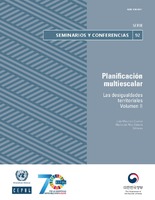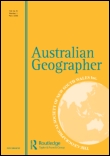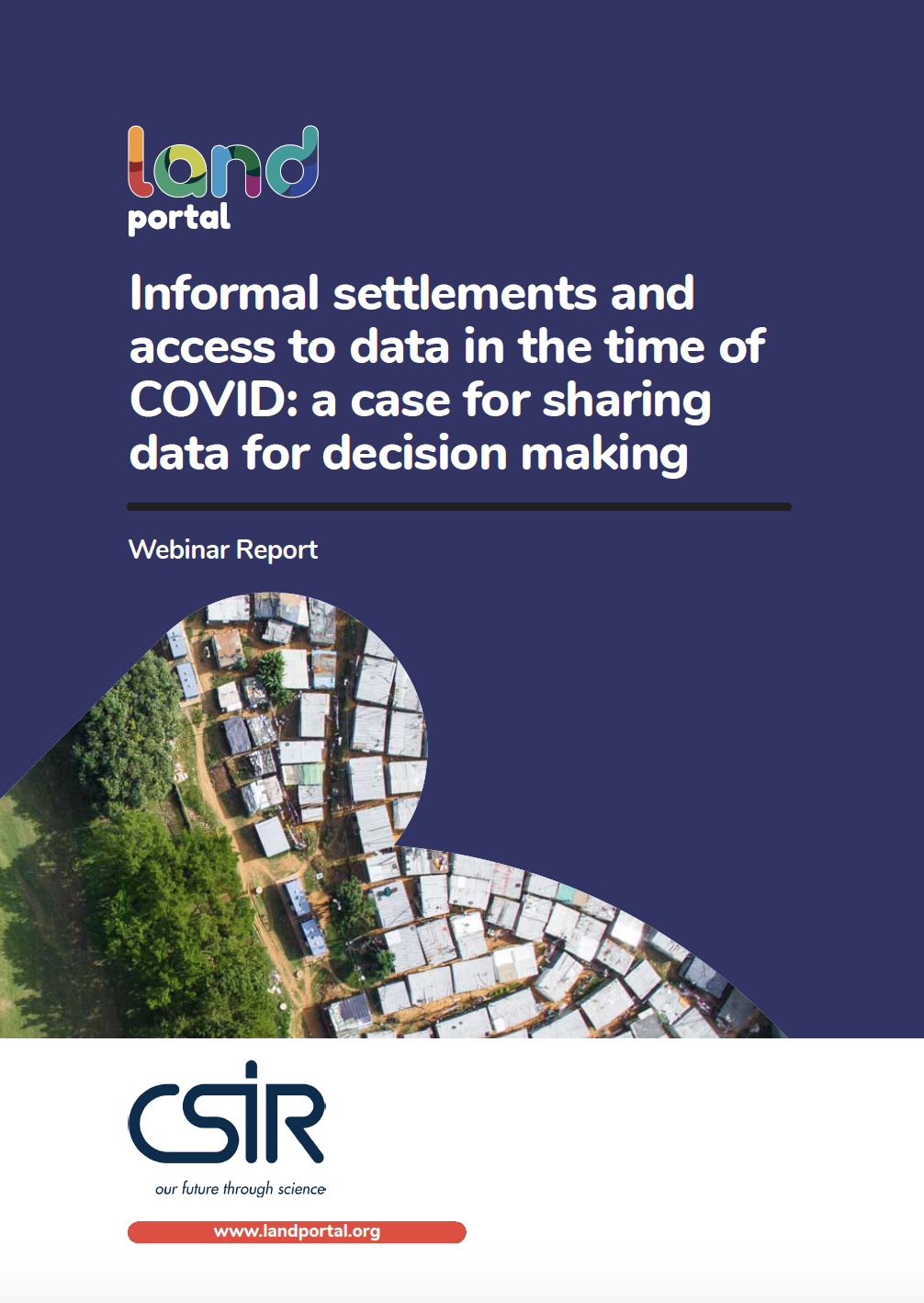The spread of COVID-19 in South Africa and other countries in the region has again brought to the fore the fact that very dense, under-serviced, mostly informal, settlements are not healthy places to live. They are also places where the spread of a disease is difficult to prevent or manage.
The kind of emergency response that was required to address the imminent spread of COVID-19 highlighted the widespread vulnerability of the poorest, compounded by highly unequal access to services and ongoing unhealthy living conditions.










